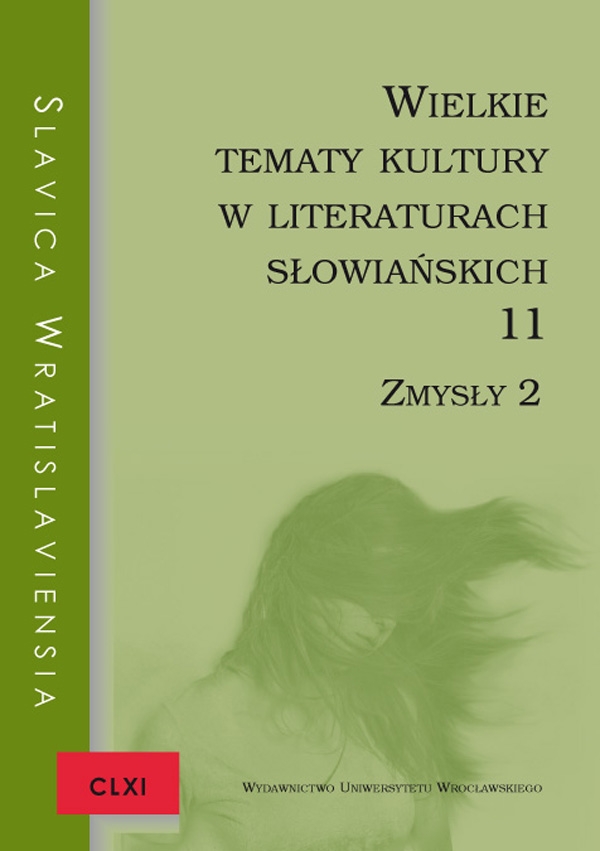

Статьи

Senses and sin in the Czech moral writings of the 16th and 17th centuries
Czech prose at the turn of the 17th century is characterized by alarge number of moralistic works to advise the readers, warn them and show them the clue to life in virtue. Some texts contain general instructions, the other refer to aparticular state — maiden, widow or marriage. Moralists often write about human senses as asource of sin, especially in the context of Ten Commandments Commandment 6 and 9. They recommend, inter alia, to avoid the situations and contacts that provoke passion, as well as control own senses, that is to rely on suppressing individual organs of senses, “restrain the eyes, ears, tongue.”
Smysly ahřích včeské moralistice 16. a17. století
Českou prózu zpřelomu 16. a17. století charakterisuje množství moralistních spisů, které mají čtenáře poučit, varovat aukázat jim návody kctnostnému životu. Některé texty obsahují obecná ponaučení, jiné zase se vztahují ke konkrétnímu stavu — panenskému, vdovskému nebo manželskému. Mravokární autoři často piší olidských smyslech jako zřídlu hříchů, zvlášť v kontextu Desatera 6. a9. přikázání. Doporučují mimo jiné vyhýbání se situacím akontaktům provokujícím chtíč ataké kontrolu vlastních smyslů, jež se spojuje skrocením jednotlivých smyslových orgánů — „krotiti oči, uši, jazyk”.